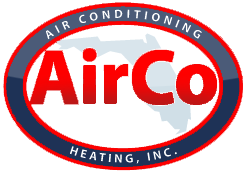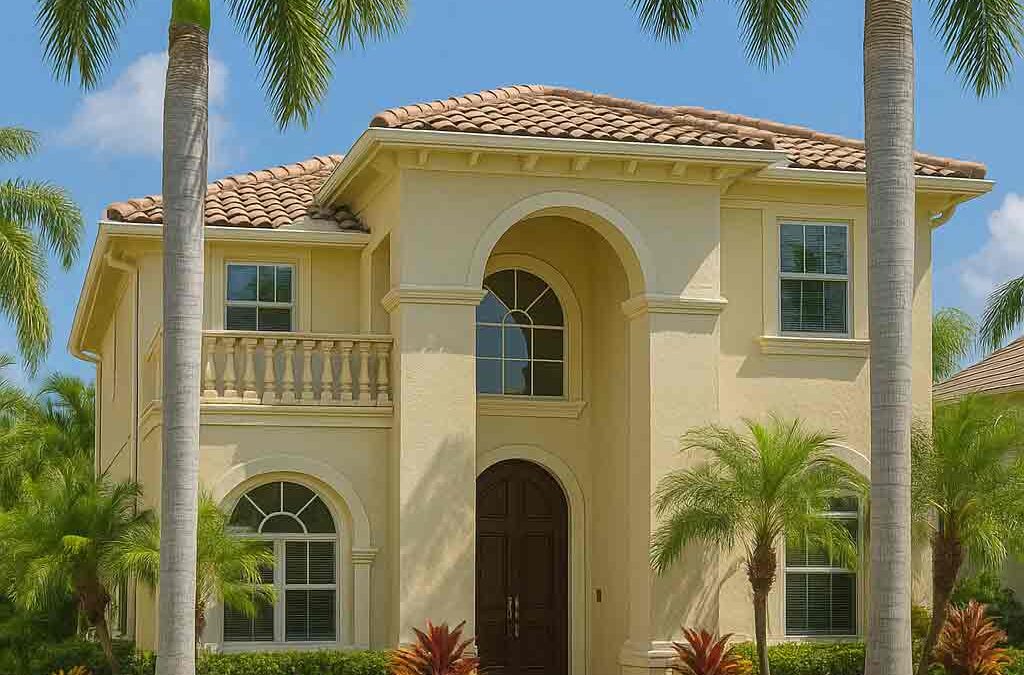Living in Jupiter, FL, where temperatures soar and humidity remains high for most of the year, air conditioning is essential for maintaining a comfortable home. However, running your AC unit constantly can lead to high energy bills. Fortunately, there are several effective strategies to reduce your cooling costs without sacrificing comfort. Here’s a guide on how to save money on AC energy costs in Jupiter, FL, while keeping your home cool and comfortable.
1. Adjust Your Thermostat for Efficiency
One of the easiest ways to reduce your air conditioning costs is by optimizing your thermostat settings. Setting your thermostat too low can cause your AC to run constantly, leading to higher energy bills.
Optimal Thermostat Settings:
-
Set the thermostat to 78°F when you’re home and awake. This is the optimal setting for balancing comfort and energy savings.
-
Raise the temperature to 85°F when you’re away from home for extended periods. This prevents your AC from working unnecessarily while you’re not there.
-
Use a programmable or smart thermostat to automatically adjust the temperature based on your schedule. These devices can lower the temperature before you return home and raise it when you’re asleep or away, optimizing energy use.
Smart thermostats can also learn your routine and make automatic adjustments to maximize efficiency, reducing cooling costs by up to 10% annually.
2. Use Ceiling Fans to Circulate Cool Air
Ceiling fans are a great way to enhance the efficiency of your air conditioning system. By using ceiling fans in conjunction with your AC, you can raise the thermostat setting by about 4°F without compromising comfort.
Tips for Using Fans:
-
Run ceiling fans counterclockwise in the summer to create a cooling breeze. The airflow created by ceiling fans helps distribute the cool air more effectively, reducing the workload on your AC.
-
Turn off fans when not in use: Fans cool people, not rooms, so turning off fans in empty rooms will save energy.
Ceiling fans allow you to use less air conditioning while still maintaining a cool and comfortable home.
3. Keep Your Air Filters Clean
Dirty or clogged air filters can reduce your air conditioner’s efficiency by restricting airflow, causing the system to work harder to cool your home. This results in higher energy consumption and can even lead to system breakdowns.
Maintenance Tips:
-
Replace or clean air filters every 1-3 months, depending on the type of filter and how often you use your AC. Homes with pets or allergy sufferers may need more frequent filter changes.
-
Check filters monthly during peak cooling season to ensure they aren’t clogged with dust or debris.
Keeping your air filters clean improves your AC’s efficiency, reduces energy use, and extends the life of your system.
4. Schedule Regular AC Maintenance
Routine maintenance is key to keeping your AC system running efficiently. A well-maintained system not only cools more effectively but also uses less energy to do so.
Benefits of Annual Maintenance:
-
Tune-ups improve efficiency: During a maintenance visit, an HVAC technician will clean the coils, check refrigerant levels, and inspect the system for any potential issues that could reduce efficiency.
-
Prevent breakdowns: Regular maintenance helps catch small issues before they become costly repairs, saving you money in the long run.
-
Extend the life of your AC unit: A well-maintained system lasts longer, delaying the need for an expensive replacement.
Scheduling an annual tune-up before the peak summer season can improve your AC’s performance and help you save money on cooling costs throughout the year.
5. Seal Windows and Doors
Air leaks around windows and doors can cause cool air to escape, forcing your AC to work harder to maintain a comfortable temperature. Sealing these leaks can prevent energy waste and lower your cooling costs.
How to Seal Air Leaks:
-
Use weatherstripping around doors and windows to prevent cool air from escaping and warm air from entering.
-
Apply caulk to any visible gaps or cracks around windows, doors, and other openings in your home’s exterior.
-
Install draft stoppers on the bottom of doors to block any additional gaps where air might escape.
By ensuring your home is properly sealed, you’ll improve your AC’s efficiency and save money on energy bills.
6. Upgrade to Energy-Efficient Windows and Insulation
In a warm climate like Jupiter’s, energy-efficient windows and proper insulation can make a significant difference in reducing your air conditioning costs.
Benefits of Energy-Efficient Windows:
-
Low-E (low-emissivity) windows reflect heat away from your home, reducing the amount of heat that enters through the windows. This keeps your home cooler, reducing the load on your AC.
-
Insulated windows can also help prevent cool air from escaping and block hot air from entering, further reducing energy usage.
Insulation Upgrades:
-
Add insulation to your attic: Attics are one of the main sources of heat gain in Florida homes. Proper attic insulation can help keep your home cooler and reduce the workload on your air conditioner.
-
Insulate walls: Wall insulation helps maintain a consistent indoor temperature by reducing heat transfer from the outside.
Upgrading to energy-efficient windows and adding insulation can help you save on cooling costs while improving overall comfort.
7. Use Blinds and Curtains to Block Sunlight
Solar heat gain from the sun can significantly increase indoor temperatures, especially in rooms with large windows. By blocking sunlight, you can reduce the need for air conditioning and lower your energy bills.
How to Block Heat:
-
Close blinds and curtains during the hottest parts of the day, especially on south- and west-facing windows. This prevents direct sunlight from heating your home.
-
Install reflective or blackout curtains to block even more heat. These curtains are designed to reduce heat transfer, keeping your home cooler and reducing the load on your AC.
By minimizing heat gain from the sun, you’ll reduce the amount of work your AC has to do, leading to energy savings.
8. Optimize the Use of Heat-Generating Appliances
Certain household appliances, such as ovens, stoves, dryers, and dishwashers, generate heat that can make your home warmer and cause your air conditioner to work harder. Being mindful of when and how you use these appliances can help lower your cooling costs.
Energy-Saving Tips:
-
Cook during cooler times of the day: Use the oven and stove in the early morning or late evening to avoid heating your home during the hottest parts of the day.
-
Use the microwave or grill: These appliances generate less heat than traditional ovens and stoves, helping to keep your kitchen cooler.
-
Run dishwashers and dryers at night: Using these appliances during the evening can reduce the amount of heat added to your home during the day.
By minimizing the heat produced by household appliances, you can reduce the load on your AC and lower your energy bills.
9. Upgrade to an Energy-Efficient AC Unit
If your air conditioner is more than 10-15 years old, it may be time to consider upgrading to a newer, more energy-efficient model. Modern AC units are designed to cool your home more efficiently, reducing energy consumption and lowering your cooling costs.
Benefits of Upgrading:
-
High SEER rating: Newer units have higher SEER (Seasonal Energy Efficiency Ratio) ratings, meaning they use less energy to cool your home. In Florida, a SEER rating of 16 or higher can lead to significant energy savings.
-
Smart technology: Many new systems come with smart thermostats and zoning capabilities, allowing you to cool your home more precisely and reduce wasted energy.
While upgrading your AC unit requires an upfront investment, the long-term savings on your energy bills can make it a worthwhile decision.
In Jupiter, FL, where the climate demands constant air conditioning, finding ways to reduce cooling costs is essential. By optimizing your thermostat settings, keeping your AC well-maintained, using ceiling fans, and sealing your home against air leaks, you can significantly lower your energy bills while staying cool and comfortable.
For even greater savings, consider upgrading to energy-efficient windows, adding insulation, or investing in a high-efficiency AC unit. By implementing these strategies, you can enjoy the benefits of a cooler home without the stress of high energy costs.


